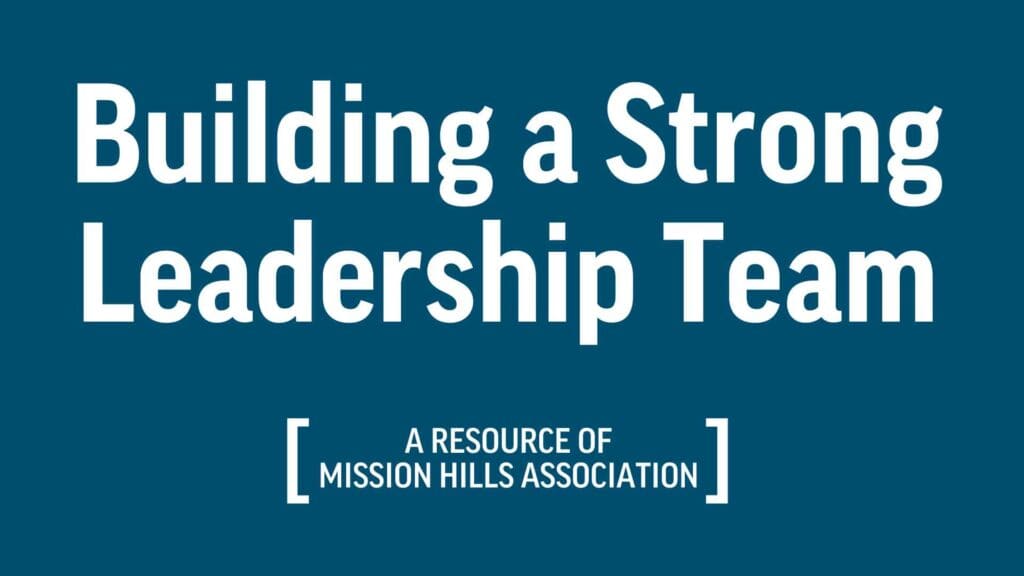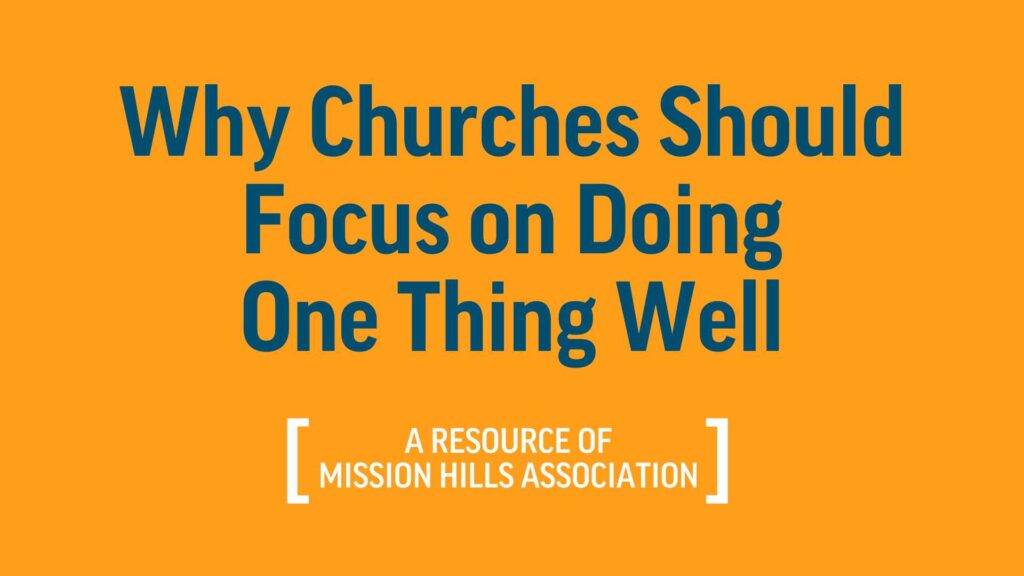
When we think about church leadership and staff members, we often think about pastors, elders, and deacons. We may also include youth and children’s ministry directors or administrative staff. The nature of the work that these leaders do is often academic, relational, and detail-oriented.
We don’t have to convince you that the stereotypes we often assign to church leaders aren’t wholly accurate – a pastor or staff member can have any personality type under the sun – but the fact remains that the resources and information available to us about caring for and understanding church staff members is typically geared toward a particular “type” of pastor or leader. In other words, what we know about walking with our staff is often directly related to the particular needs of pastors and elders.
But there’s another group of church leaders that often operates in a completely different way than the “traditional” church leader you may be imagining:
It’s the artists and creatives who serve on staff or volunteer with us – the worship leaders, other musicians, and a variety of other content creators who serve your congregation.
Because there is generally a personality or gifting differential between these different “camps” of church staff, internal communications and planning can turn into a wild goose chase, which leads to poorly planned worship services and a disjointed ministry team. Here are some ways to alleviate the stress that this miscommunication can cause and intentionally walk with the vocational creatives on your staff:
Hiring
Hiring for creative roles (or volunteers) isn’t simply about finding the nicest person or finding the absolute best singer for Sunday mornings. It’s important to find creative staff who have both:
Artistic capability
The most perfect-sounding music, slides, and graphics aren’t required for a worshipful service. But at the same time, we believe that churches should represent Christ by creating beauty and excellence in any way they can. Even if your church has limited resources within your creative team, working with someone who will strive to do the best they can with their talents makes all the difference.
Emotional intelligence
The other side of the coin is the importance of working with someone who has a heart deeply inclined to ministry, can collaborate well with others, and understands the overarching reason for the work they’re doing. When you can hire staff who have both artistic capability and emotional intelligence, you’ve hit the jackpot.
Communication
Having a great creative team is only as useful as the support you’ve set up to help them interact with the rest of the church staff.
At Mission Hills, we have staff members who aid in bridging the gap between different departments and staff teams. We are always aware of the risk of teams becoming “siloed” away from each other, and we believe in the importance of keeping every department in communication with each other.
You can implement this in your church staff through weekly meetings with your head Pastor, worship leaders, and any other staff involved in creating material and planning for weekend worship services. This is one simple way to give everyone a chance to get on the same page.
Even if it seems like your pastor, your media team, and your welcome team, and your worship leaders can simply make their own plans and succeed, your services will serve your congregation exponentially more if the planning all comes from one cohesive place.
Take chances
One of our biggest beliefs about working with creative professionals is to let them take chances. Give them a long leash to have new ideas, and even if they fail on occasion, they’ll know that you have their back through it all. It can be scary to try new things in a weekend service, but giving your creative staff freedom in this area will infuse new life into their work and your worship services.
We never know what new idea will make a difference for your congregation, and that is why we encourage taking risks every once in a while – not changing for the sake of changing but for the sake of reaching people.
We hope these tips give you a new perspective on how to interact with and best support your own unique team of pastors, musicians, and leaders.




